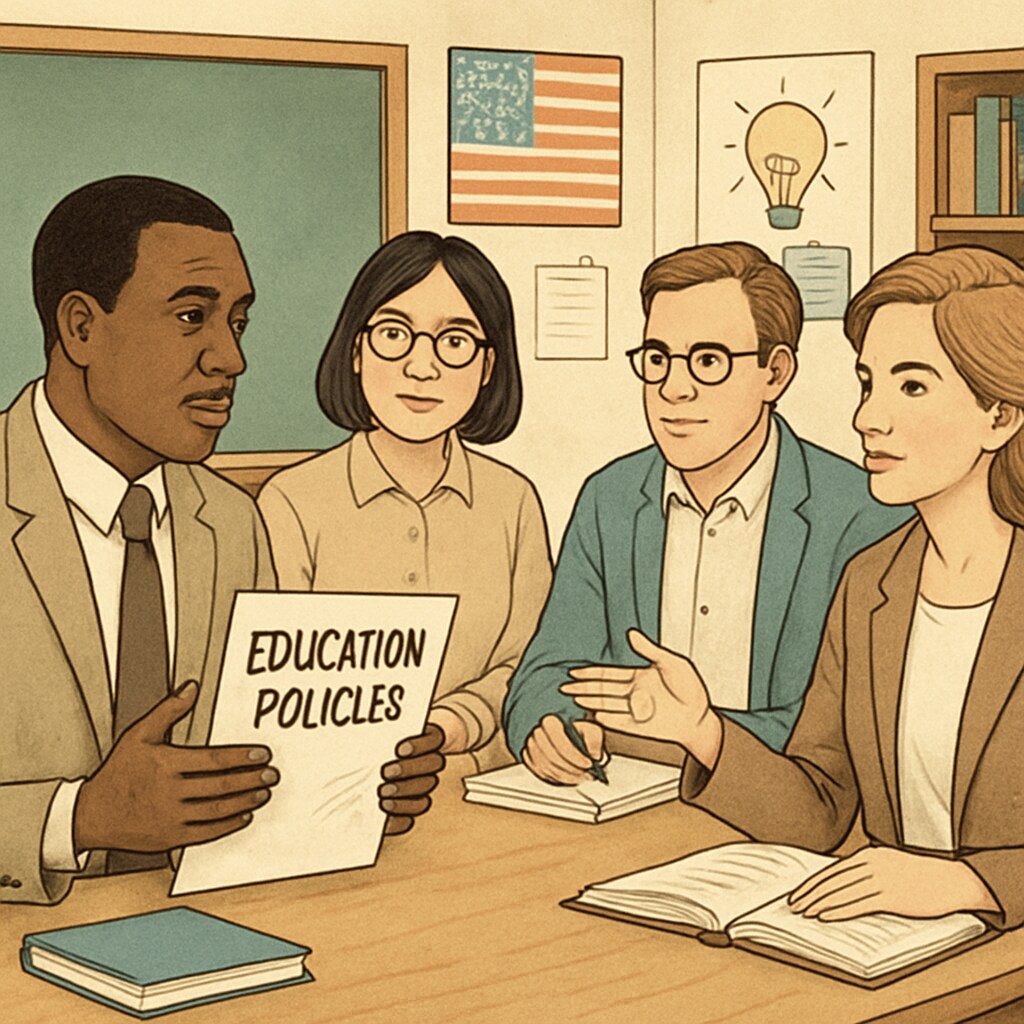Oklahoma has introduced a controversial policy requiring out-of-state teacher applicants to undergo political ideology screening. This unprecedented move has sparked national debate about the intersection of education and politics, raising serious concerns about academic freedom and the neutrality of the K-12 education system. The policy, aimed at identifying “radical beliefs” or “activist ideologies” among educators, has drawn criticism from experts who warn of its potential to erode trust and intellectual diversity in schools.

The Motivation Behind Oklahoma’s Political Ideology Screening
Oklahoma officials have justified the policy as a preventive measure against the perceived infiltration of “radical beliefs” into classrooms. They argue that educators should uphold traditional values and avoid promoting political activism through their teaching. However, critics question the criteria used to define “radical beliefs” and whether such a policy infringes on constitutional rights like freedom of speech and association.
In addition, this move appears to reflect broader national trends where education is increasingly politicized. For example, debates over curriculum content, such as critical race theory and gender identity, have become flashpoints in state legislatures across the U.S. Advocates of the policy claim it ensures a “safe and unbiased learning environment,” but detractors warn it could discourage talented educators from applying or stifle intellectual diversity.
Implications for K-12 Education and Academic Freedom
The policy’s implications are far-reaching. By implementing political ideology screening, Oklahoma risks creating a culture of fear among educators. Teachers may feel compelled to avoid discussing controversial but important topics in their classrooms, which could undermine critical thinking skills and robust academic inquiry. Furthermore, this policy could set a dangerous precedent for other states, leading to widespread political filtering in education systems.
Experts have pointed out that such measures may inadvertently exclude highly qualified candidates who simply hold differing political views, rather than any “radical” ideologies. This could exacerbate teacher shortages, especially in rural areas where finding experienced educators is already challenging. Moreover, the policy may alienate minority groups or those who advocate for social change, further narrowing the diversity of perspectives available to students.
For more information on the state of academic freedom in the U.S., visit Academic Freedom on Wikipedia. Additionally, the broader implications of politicized education policies are discussed in Education on Britannica.

Striking a Balance Between Safety and Freedom
While concerns about radical ideologies in classrooms are valid, striking a balance between safety and freedom is essential. Policies like Oklahoma’s political ideology screening could potentially address legitimate concerns about extremist influences in education, but they must be carefully designed to avoid infringing on constitutional rights or creating unintended consequences.
A more transparent and inclusive approach would involve clearly defining the criteria for “radical beliefs” and ensuring a fair appeals process for applicants. Additionally, fostering open dialogue between lawmakers, educators, and the public could help create policies that reflect the needs and values of diverse communities without compromising academic freedom.
As a result, the debate surrounding Oklahoma’s policy serves as a reminder of the delicate balance required in crafting education policies. Prioritizing both student safety and intellectual growth is crucial for the long-term health of the education system.
Readability guidance: The article uses clear, concise language and short paragraphs to enhance readability. Key points are summarized in lists where applicable, and transitions help maintain a logical flow. Passive voice is minimized, and active voice is used to ensure clarity.


